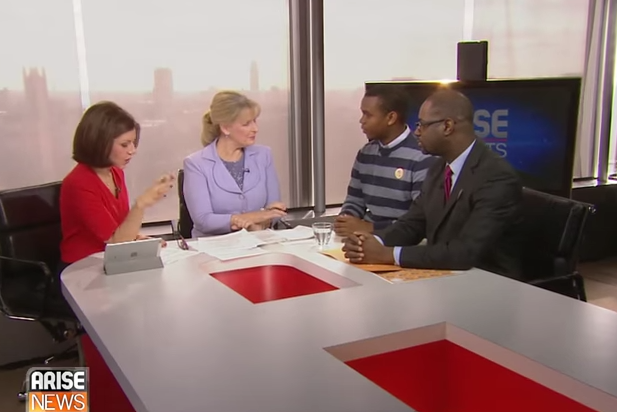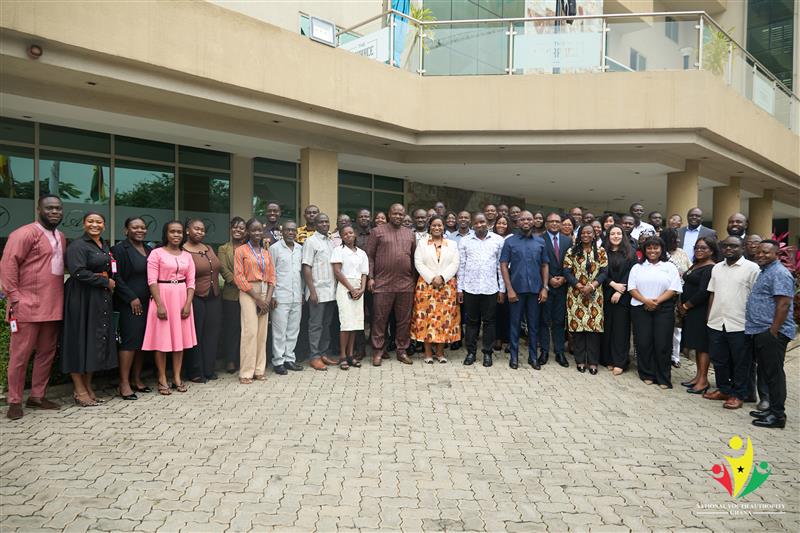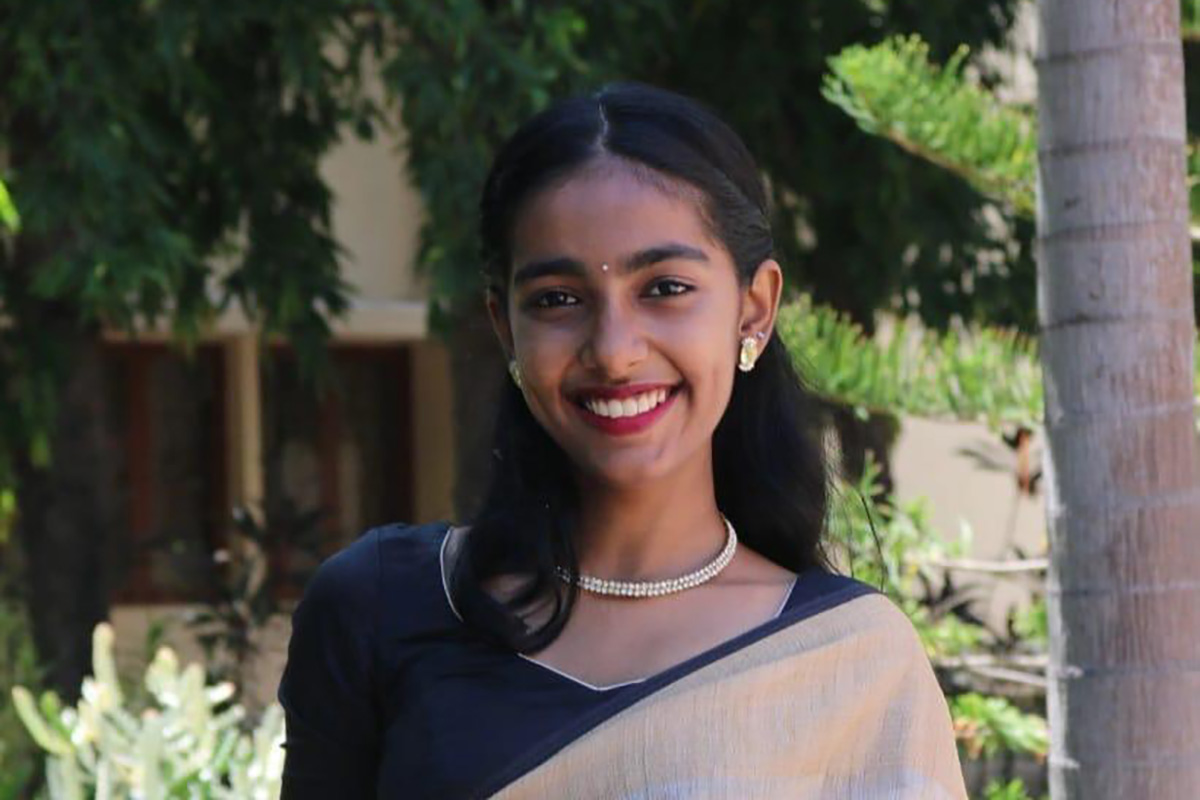Arise TV interview with Julius Shirima, Commonwealth Youth Award 2015 finalist
March 9Julius Shirima, one of the sixteen finalists for the Commonwealth Youth Awards 2015 and Layne Robinson, Head of Youth Programmes for the Commonwealth Secretariat talk to Arise TV about Julius’ work, the 2015 Commonwealth Youth Awards and the importance of young people driving change in Africa.
Layne Robinson, Head of Youth Programmes for the Commonwealth Secretariat talks about the importance of the awards:
‘The Commonwealth Youth Award above everything else gives a huge recognition to the work and contribution of young people. For many years young people have been doing exceptionally good work, especially development work without recognition.
‘This Award gives prestige to those young people who have been working so hard without finances or support. It raises their profile to be able to meet with their leaders at country level.’
Julius talks about his first experiences of entrepreneurship, at the age of 9, helping his aunt to grow vegetables in her garden and then selling the vegetables and using the money earned to buy his school uniform. He also talks about how he developed as an entrepreneur when he had the opportunity to study at the African Leadership Academy in South Africa, a prestigious school building future African leaders.
Julius goes on to talk about how his company Darecha tackles unemployment through microfinance. He says:
Darecha generates revenue from young people executing their projects. We train young people in entrepreneurship skills and other skills essential to launch their business. From there we are able to generate revenue.
I believe strongly that Africa needs collective development. In Africa, there is often a lack of communication between the government and its people. The government needs to collaborate with its people to enable long term collective development.
See the full interview here:




